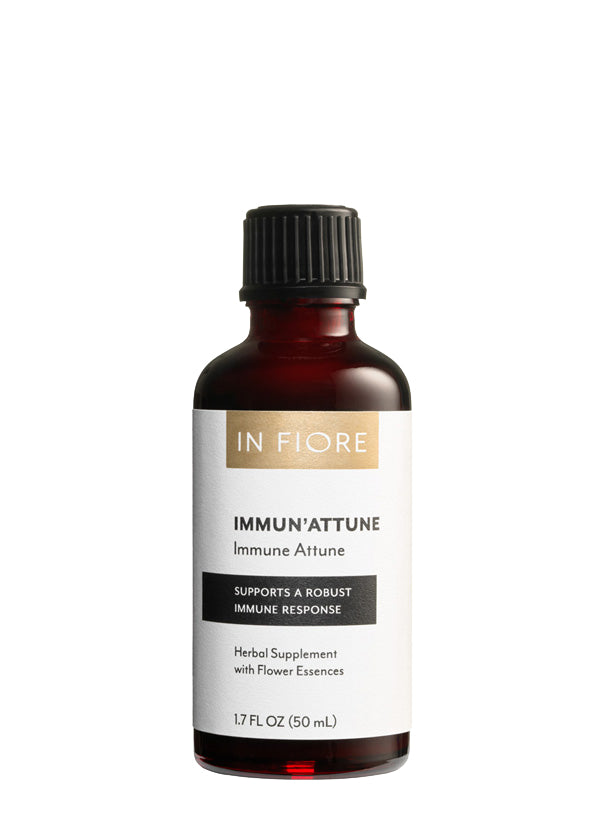Astragalus: Body and Soul

Astragalus, a perennial plant native to the northern and eastern regions of China, Mongolia, and Korea, has been a cornerstone in traditional medicine for centuries. Renowned for its healing properties, Astragalus offers a unique blend of physical, emotional, mental, and spiritual benefits.
Ancestral Roots and Traditional Uses
Historically, Astragalus has been used in Chinese medicine for over 2,000 years. Its roots were primarily employed as an adaptogen, helping the body to fight off stress and disease. Traditional practitioners used it to enhance the qi (life force), believing it could invigorate vital energy and strengthen bodily defenses.
Immune System Enhancement
One of the most celebrated properties of Astragalus is its ability to boost the immune system. It has been used to prevent colds and upper respiratory infections and to manage chronic illnesses by enhancing the body's natural immune response. Its active compounds, such as polysaccharides, saponins, and flavonoids, contribute to its immune-boosting effects.
Astragalus in Mental and Emotional Health
Astragalus is not just a physical tonic; it also plays a significant role in mental and emotional health. Its adaptogenic properties help in managing stress and anxiety, providing a calming effect on the mind. It is thought to balance the emotions, fostering a sense of peace and stability.
Spiritual and Metaphysical Properties
In spiritual and metaphysical healing, Astragalus protects and cleanses the aura. It is often used in energy work to strengthen the etheric field, helping to ward off negative energies and promote spiritual growth. Its grounding properties are also valued, as they help align the physical and spiritual aspects of the self.
Astragalus and Disease Prevention
Astragalus's role in disease prevention is significant. It is used to combat existing illnesses and as a preventive measure to maintain overall health and enhance vitality and longevity, aiding in the prevention of degenerative diseases and promoting overall wellness.

The multifaceted properties of Astragalus make it a valuable tool in traditional and modern medicine. Its ability to harmonize the body, mind, and spirit while enhancing the immune system and preventing disease showcases its importance in ancestral medicine and its relevance in contemporary health practices. As we continue to explore the benefits of traditional herbs, Astragalus stands out as a beacon of holistic healing.
References
Phytochemistry and Pharmacology of Astragalus: A review article published in a journal summarizes the recent research progress on the Astragalus genus. This comprehensive review highlights the phytochemical and pharmacological aspects of Astragalus, including more than 200 constituents, such as saponins and flavonoids, obtained from 46 species of the Astragalus genus. The review also discusses the various biological activities like anti-inflammatory, immunostimulant, antioxidative, anticancer, antidiabetic, cardioprotective, hepatoprotective, and antiviral effects of these constituents (Source: PubMed, [Recent Research Progress on the Astragalus Genus]).
Astragalus and Inflammation/Gastrointestinal Cancers: A review paper titled "Astragalus membranaceus: A Review of its Protection Against Inflammation and Gastrointestinal Cancers" was published in a journal. This study provides insight into the protective effects of Astragalus membranaceus against inflammation and gastrointestinal cancers, highlighting its potential therapeutic applications (Source: PubMed, [Astragalus membranaceus and Gastrointestinal Cancers Review]).
Astragalus in Liver Fibrosis: A systematic review and meta-analysis published in a journal assesses the efficacy and potential mechanisms of the main active ingredients of Astragalus mongholicus in animal models of liver fibrosis. The study evaluates the effects and possible mechanisms of astragaloside, astragalus flavone, and astragalus polysaccharide in animal models, highlighting significant impacts on liver fibrosis (Source: PubMed, [Efficacy of Astragalus mongholicus in Liver Fibrosis]).
